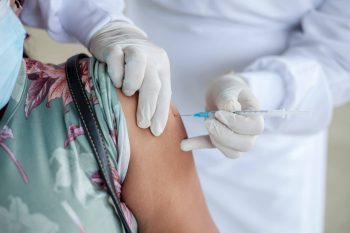The infection by the SARS-CoV-2 coronavirus or the administration of the vaccine, causes a defensive response of our immune system. Among other cells, the so-called B cells that produce neutralizing antibodies and protect against coronavirus infection, participate in this response.
But how long does this defensive response to the virus last? Do you have a third dose or more of the coronavirus vaccine?. For more than 20 years it has been known, through studies carried out with other viruses, that B cells can evolve into memory cells, remaining for decades or for life in the bone marrow and activating (producing neutralizing antibodies) when entering again in contact with the virus or the vaccine.
A study, published in the journal Nature, aimed to determine whether coronavirus infection induces a long-term immune response. To do this, the presence of memory cells producing neutralizing antibodies against the coronavirus was studied in the bone marrow of patients who had recovered from Covid-19. In 15 of 19 patients these memory cells were detected 7 months after patients had overcome the infection.
In addition, 4 months later, it was found that the number of these cells remained stable, with the amount of these memory cells being similar to that detected in other viral infections or in other vaccines that confer protection for decades and even for life.
Long-term protection against coronavirus
In summary, it is shown that infection by the SARS-COV-2 coronavirus generates long-term protection. This finding suggests that the same happens with vaccines against the virus, although we will have to wait for the results
obtained from studies in vaccinated people.
If it is confirmed that vaccines also induce the defensive response against coronavirus over a long period of time or indefinitely, the administration of a third dose of vaccine would not be necessary (as is currently being proposed).




